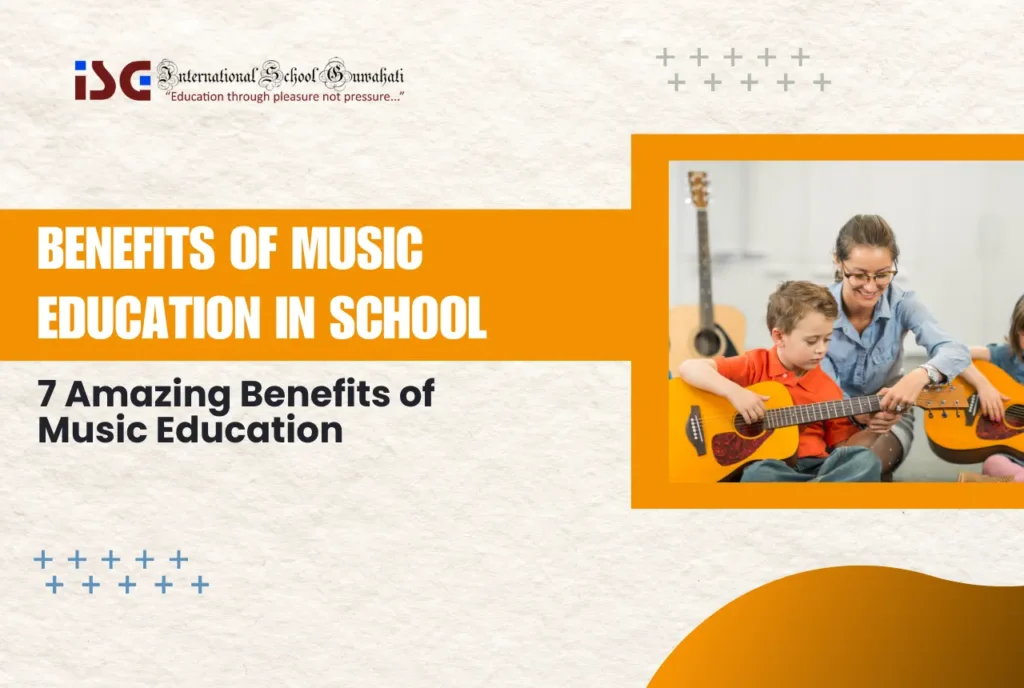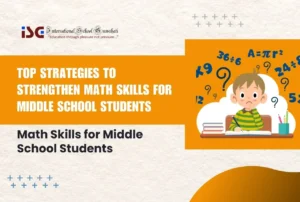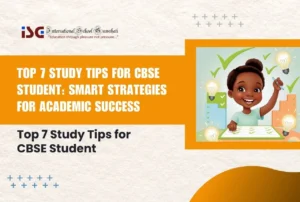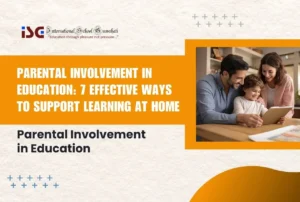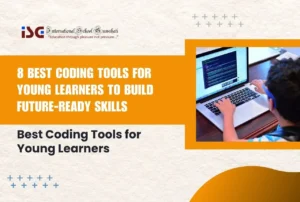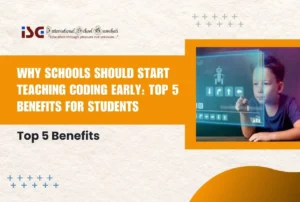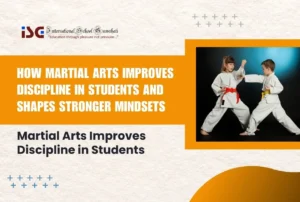![]()
In today’s world, a well-rounded education is more important than ever.
While core subjects provide a strong foundation, extracurricular activities offer valuable opportunities to explore interests, develop new skills, and build character.
Among these, music education stands out as a unique and enriching option. Tag along as we go through the world of benefits of music education in school.
Music education goes far beyond simply learning to play an instrument; it offers a range of benefits that extend to all aspects of a child’s development.
Let’s delve into seven key ways music education empowers young minds and sets them up for success.
Some of the Most Amazing Benefits of Music Education in School
Music is the best cure for stress, sleeplessness, and much more. Its incorporation of music programs in schools can help students connect with their academics better and even perform well.
Check out these 7 powerful benefits of music classes.
1. Boosts Brainpower and Academic Performance
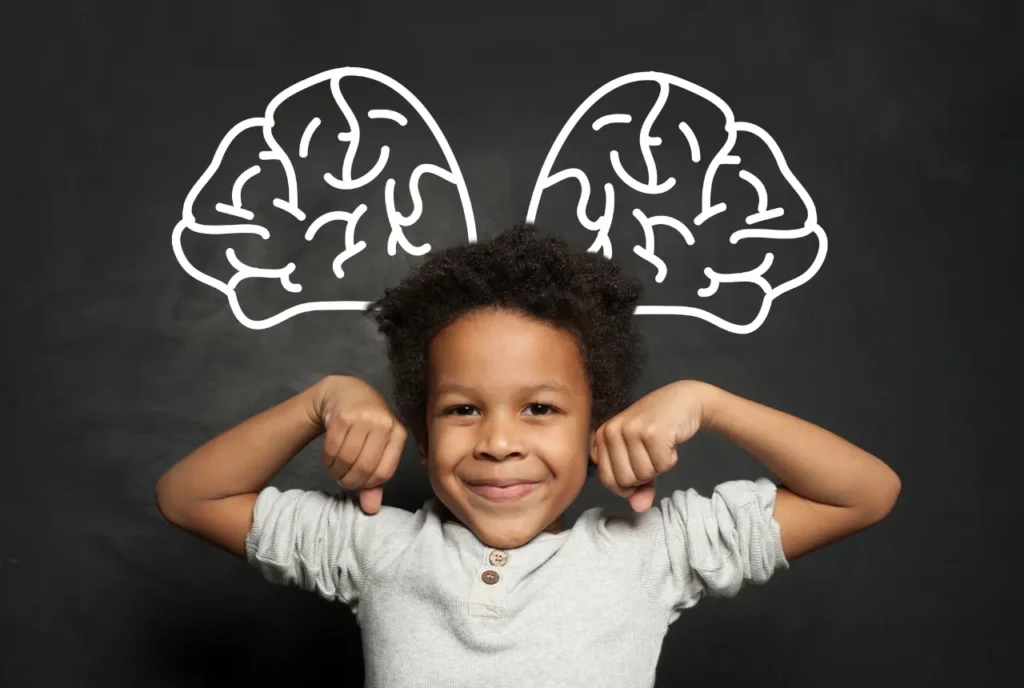
Music activates multiple areas of the brain simultaneously, enhancing cognitive function. Studies have shown a strong link between music education and improved memory, focus, and academic achievement in various subjects, including math and science.
This is because music education strengthens neural pathways, improves information processing, and hones critical thinking skills – all essential tools for academic success.
2. Develops Social Skills and Teamwork

Ensemble music activities like band, choir, or orchestra are a breeding ground for social skills development. Students collaborate, communicate effectively, and actively listen to their peers as they work together towards a common goal.
Celebrating shared successes and overcoming challenges as a group fosters teamwork, empathy, and a sense of belonging.
3. Enhances Emotional Intelligence and Self-Expression
Music provides a powerful outlet for exploring and expressing emotions in a healthy way. Through music, students learn to identify, understand, and communicate their feelings.
Music education also fosters self-awareness and emotional regulation, allowing them to navigate challenging emotions with greater control.
4. Builds Discipline and Perseverance
Learning an instrument or music theory requires dedication and consistent practice. Overcoming challenges, mastering new skills, and persisting through frustration are all valuable lessons learned through music education.
These qualities translate far beyond the music room, building perseverance and a strong work ethic that benefits students in all areas of life.
5. Strengthens Fine Motor Skills and Coordination

Playing instruments improves hand-eye coordination, dexterity, and overall motor control. For younger children, even basic musical activities like clapping rhythms or playing simple instruments help develop these crucial early childhood skills. Strong motor skills are essential for tasks like writing, drawing, and participating in physical activities.
6. Encourages Creativity and Innovation
Music education fosters creativity and innovation. Students have opportunities for improvisation, composition, and creative expression.
Learning to experiment with sounds, melodies, and rhythms encourages problem-solving skills and innovative thinking that can be applied in other academic and personal pursuits.
7. Increases Confidence and Self-Esteem
Mastering musical skills and performing in front of others can be a powerful confidence booster. Successfully overcoming challenges and achieving goals in music education leads to a sense of accomplishment and increased self-esteem.
This positive learning environment provides a safe space for students to explore their talents and build self-belief.
Beyond the Benefits: Addressing Common Concerns
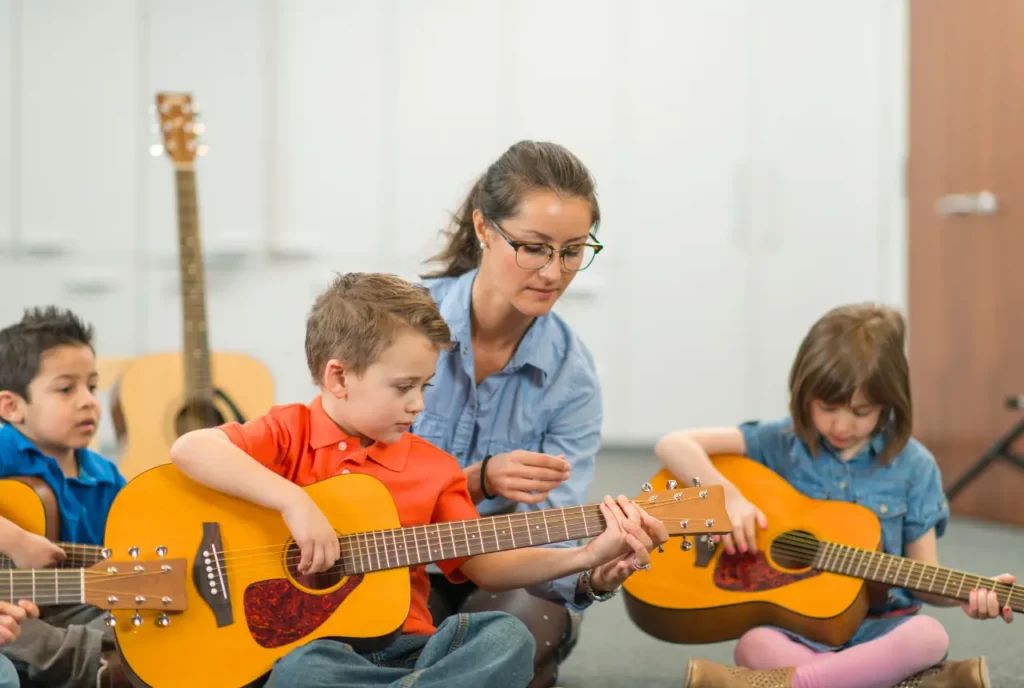
Music education offers a vast array of benefits, catering to diverse interests and learning styles. However, some parents might have concerns about the time commitment involved.
The good news is that even a moderate amount of weekly practice can yield positive results. By working with teachers to create a manageable schedule and integrating music into daily routines, parents can help their children reap the rewards without sacrificing other activities.
Another concern might be the misconception that music education is only for students with natural talent. Music education is for everyone, regardless of prior experience or skill level.
The focus is on fostering a love for music, learning new skills, and enjoying the journey. There are programs and instruments to suit all interests and abilities.
Financial concerns can also be addressed. Many schools offer scholarships, instrument rentals, or alternative music programs to make music education accessible to all students.
Resources and Next Steps
There are many resources available to help parents explore musical opportunities for their children. Most schools have established music programs that offer band, choir, or orchestra participation.
After-school programs and private lessons are other options to consider. Online resources also provide a wealth of information and learning opportunities. The first step is to talk to your child’s school about music education options and explore which program best suits their interests.
Conclusion
The benefits of music education in school are far-reaching and undeniable. It fosters intellectual growth, social skills, emotional intelligence, and self-confidence.
Music education is an investment in your child’s overall development, equipping them with valuable life skills and a lifelong love of music. So, why not give your child the gift of music? The joy and benefits will resonate for years to come.


